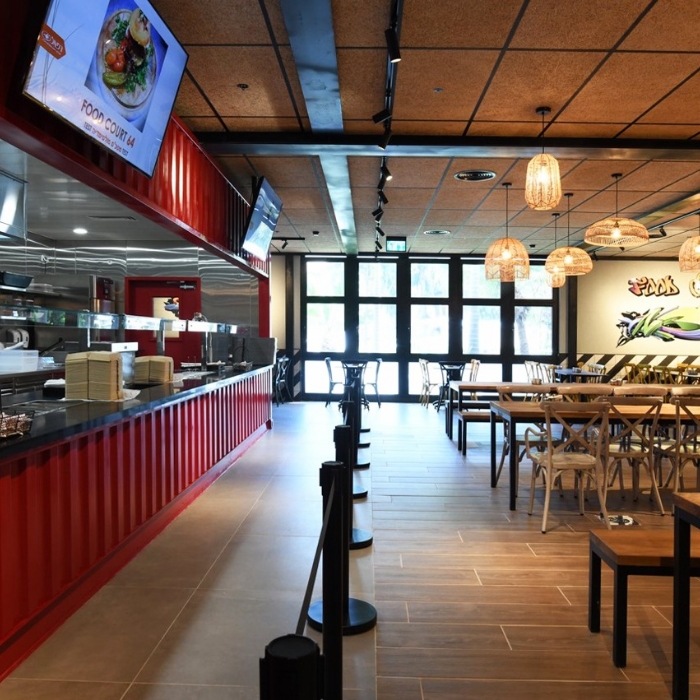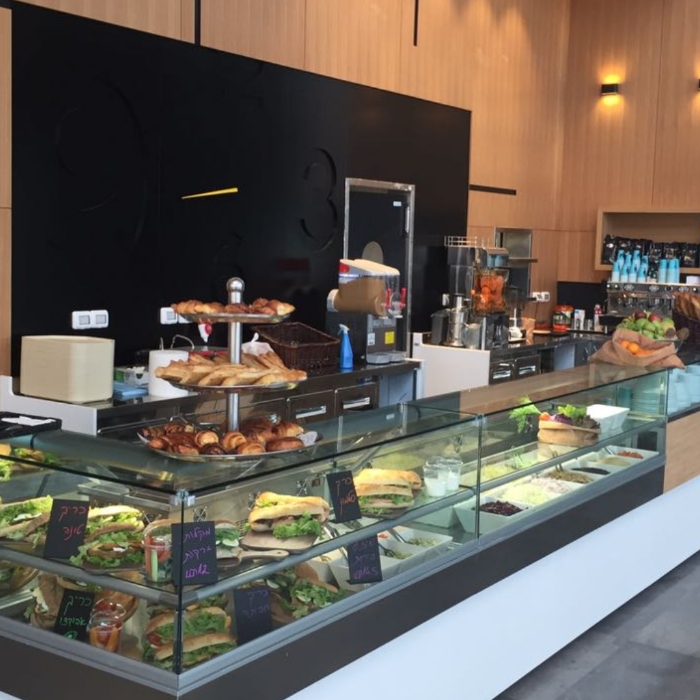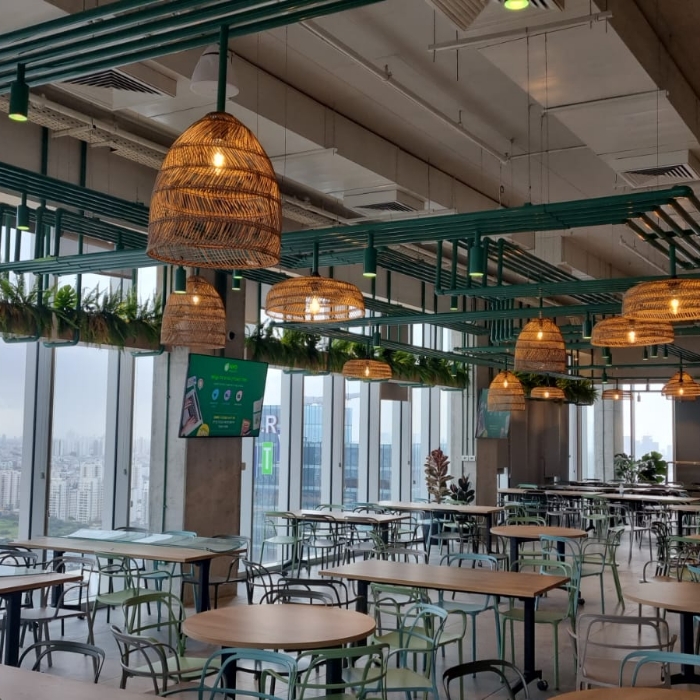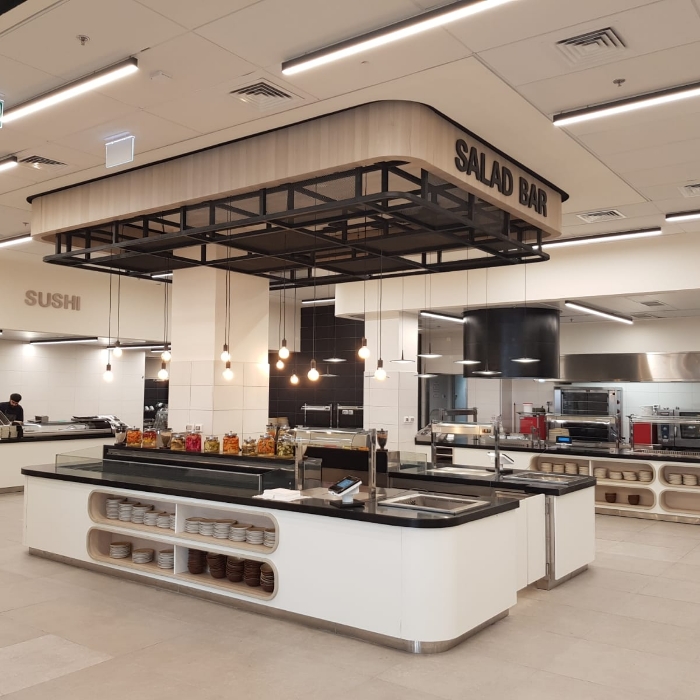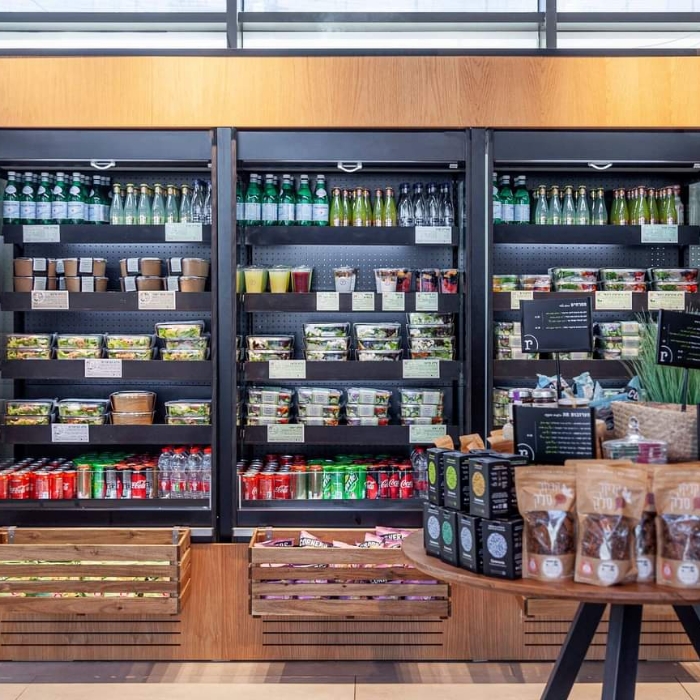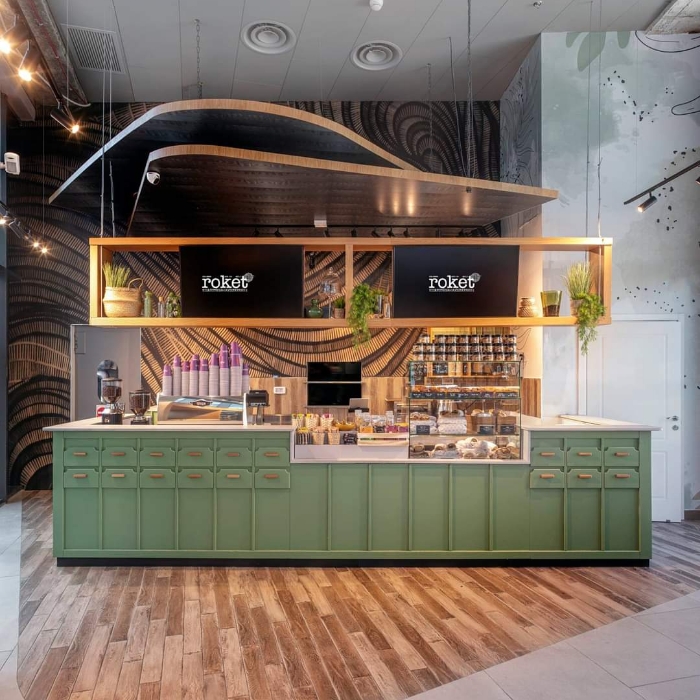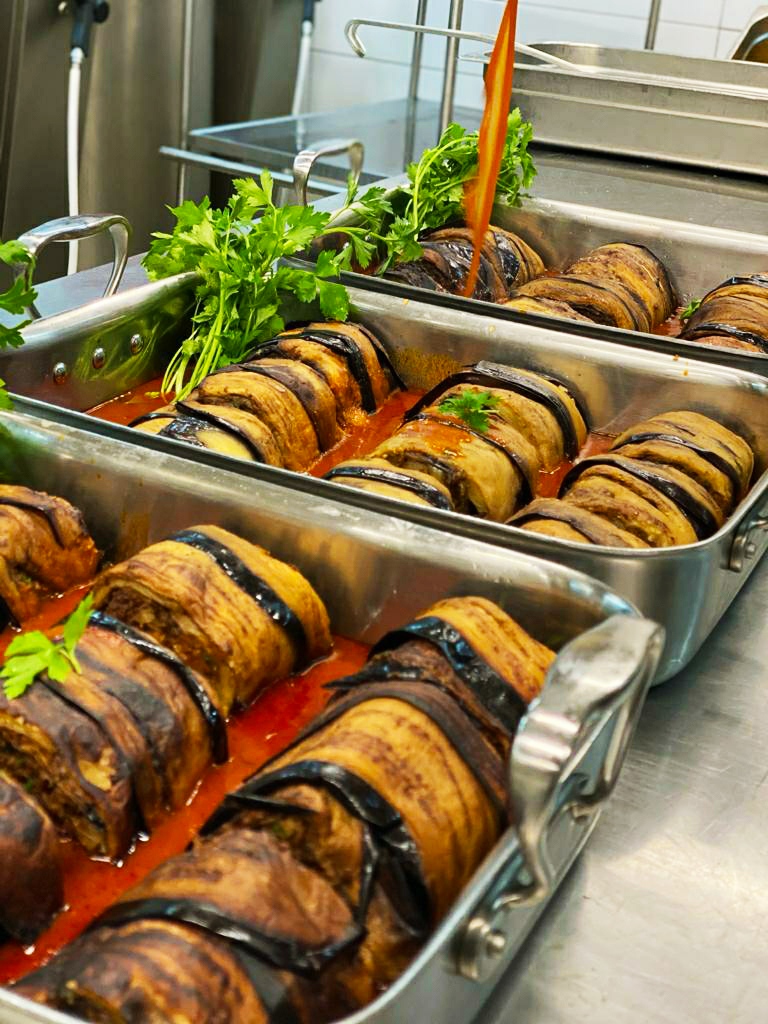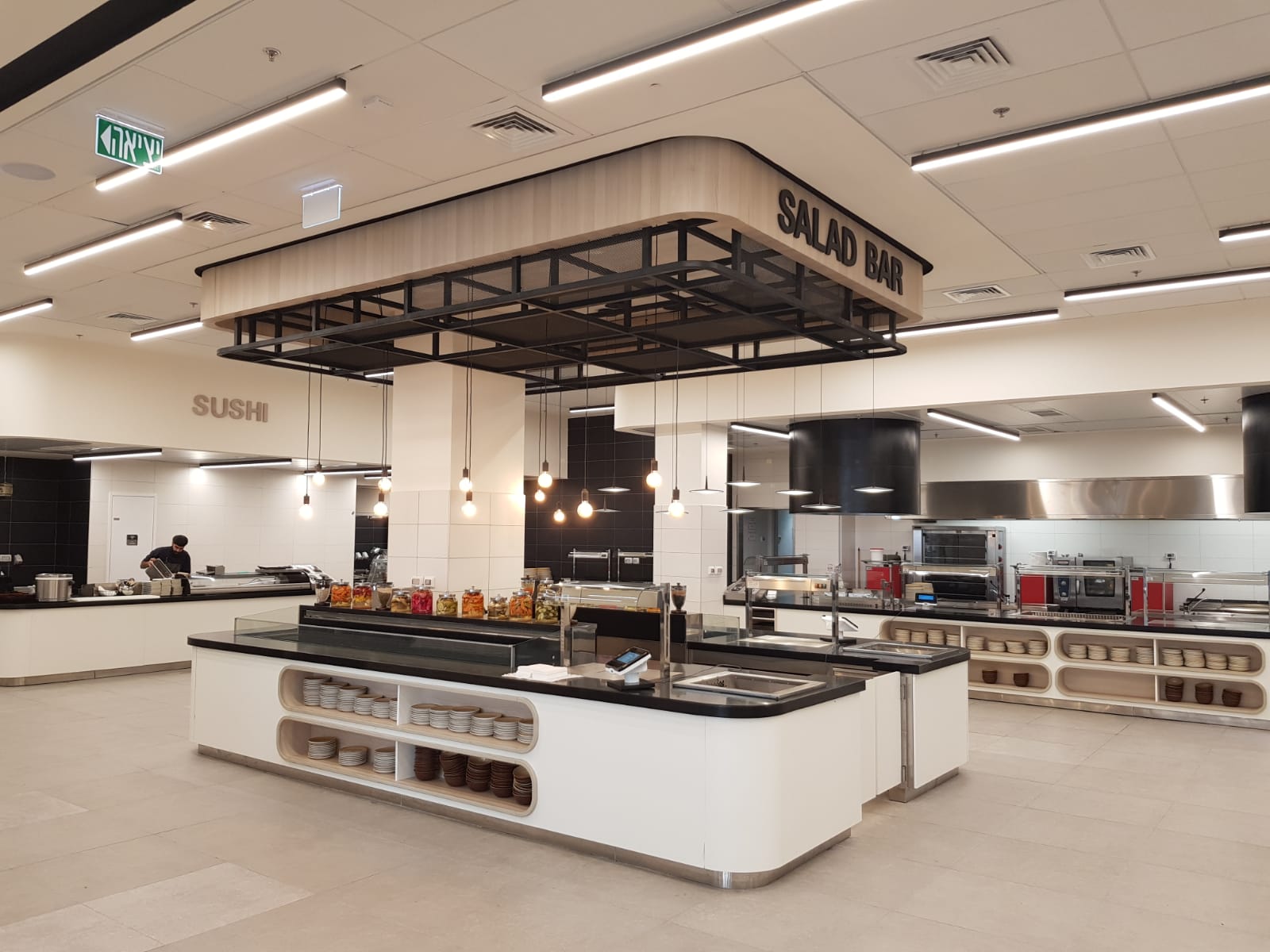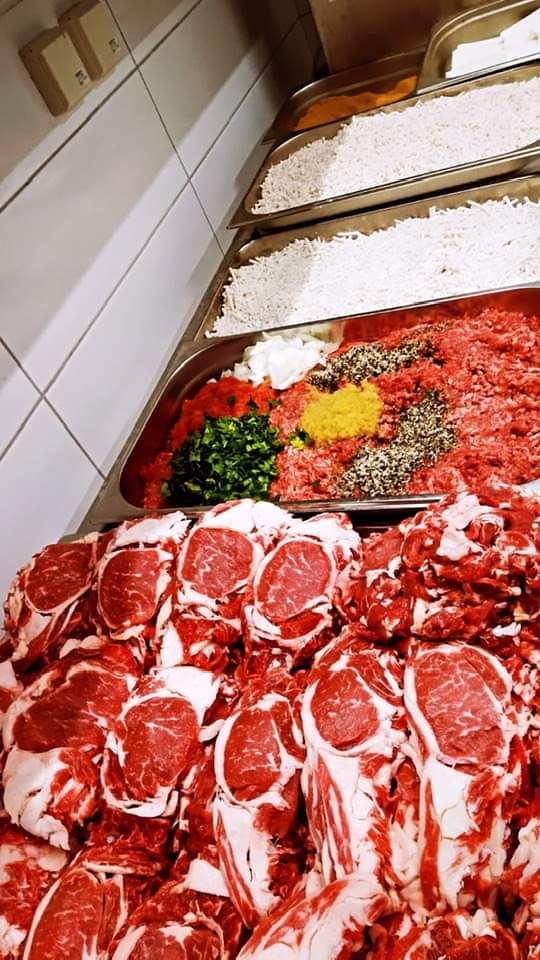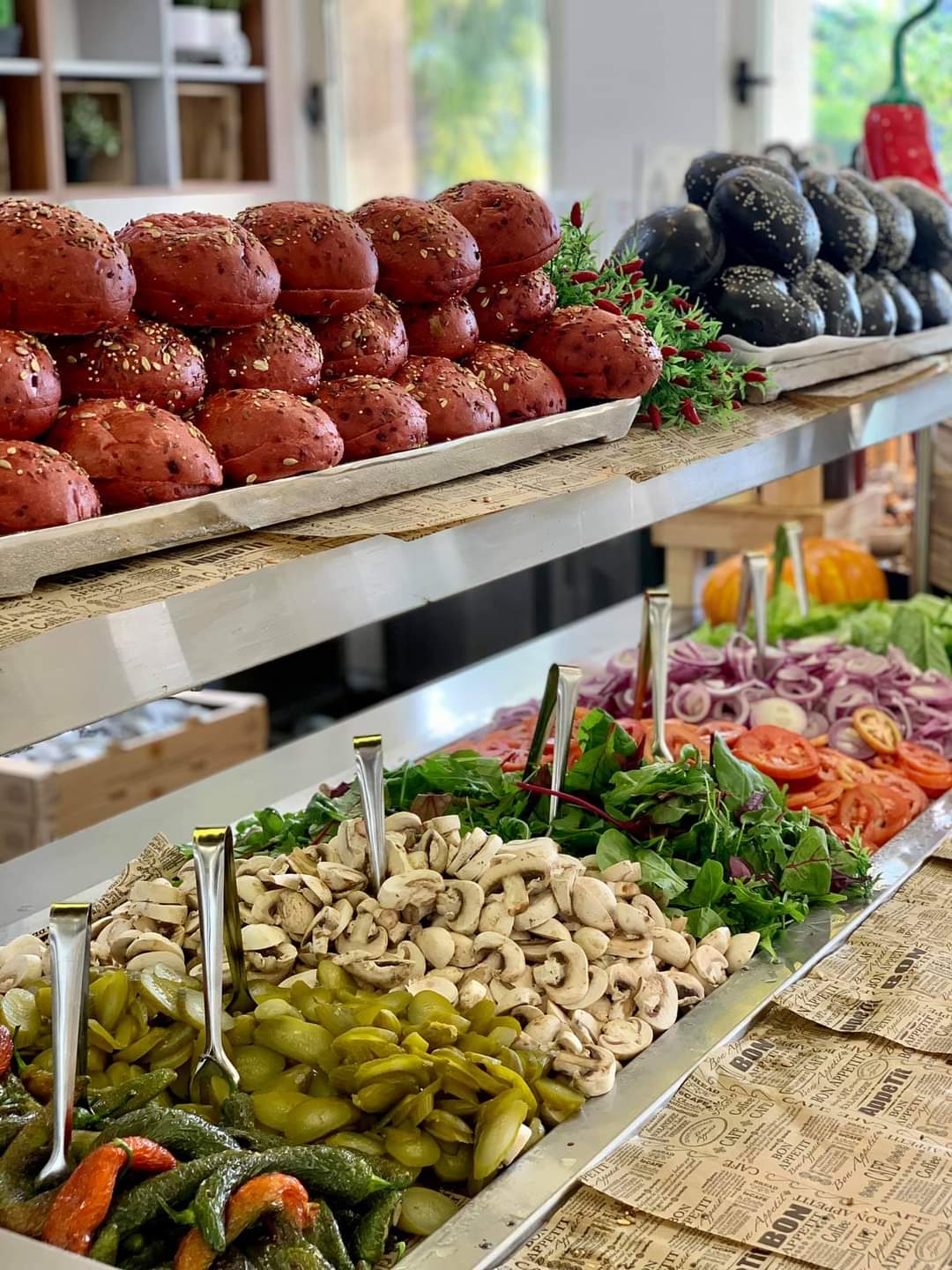Food safety inspections and consultations
contact us
Food safety importance
More and more organizations realize the importance of food safety and are seeking to obtain strict standards that test the risk points and critical control in its production processes. Thus, countries such as Australia, China, Germany, and France have classified some of these standards as mandatory for businesses in the food industry, and this cannot be ruled out in Israel either.
Food risks
Food safety is a scientific process that sets forth how to treat, store, and prepare food in a way that will prevent morbidity. Small and large organizations alike, which cater to dozens or thousands of employees or more, need to take into account the latent risks in flawed food production management. Protecting food safety prevents the spread of contaminants between people, requires separation of cooked and raw food, defines the length of time and temperatures at which it is possible to prepare and keep food, defines the production processes and which materials are allowed for use.

Critical control points
Food safety makes it possible to understand the latent risks in different kinds of food and the conditions that must be maintained to prevent bacteria and food poisoning. This process sets forth possible problems in the packaging, shipment, production, storage, heating, and serving food, while paying attention to hygiene, cleanliness, pest control, cataloging servings, and transporting and accepting food. Here too, great emphasis is placed on the human factor: workers with chronic illnesses, occasional patients, and other risks that must be taken into account. Finally, food safety requires reference to processes, such as hazardous substances, clothing, and hand-washing as basic preventative measures.
FoodBiz’s food safety processes
FoodBiz performs regular oversight of an organization’s food production. This oversight includes infrastructures, suppliers, kitchens, work methods, personal hygiene, and dozens of other categories applicable to a specific organization. At FoodBiz, we also check and analyze the results of microbial tests, recommend effective measures to prevent deviations, train kitchen staff who are engaged in food preparation, and provide operating plans to mitigate short and long-term risk in the food system, while providing an comprehensive high-quality picture for the decision-makers at the organization.


